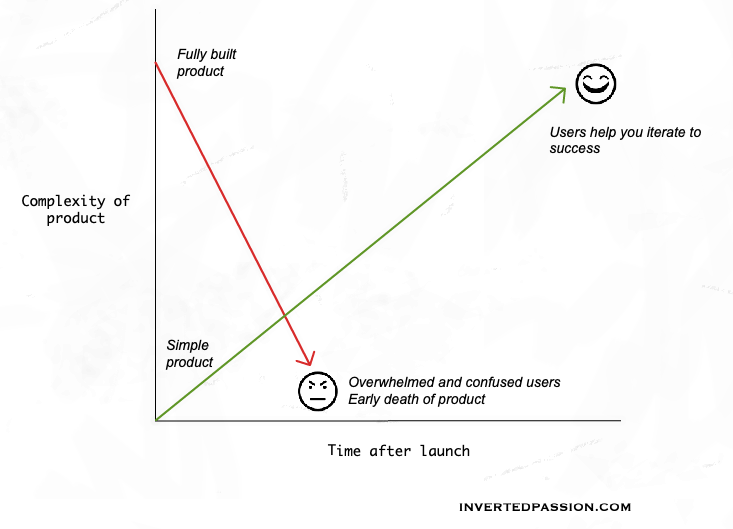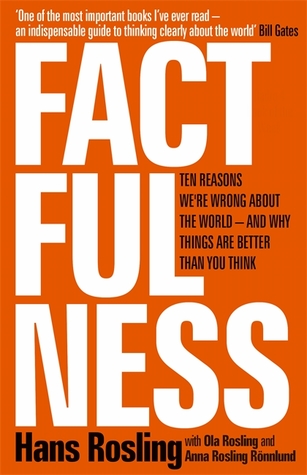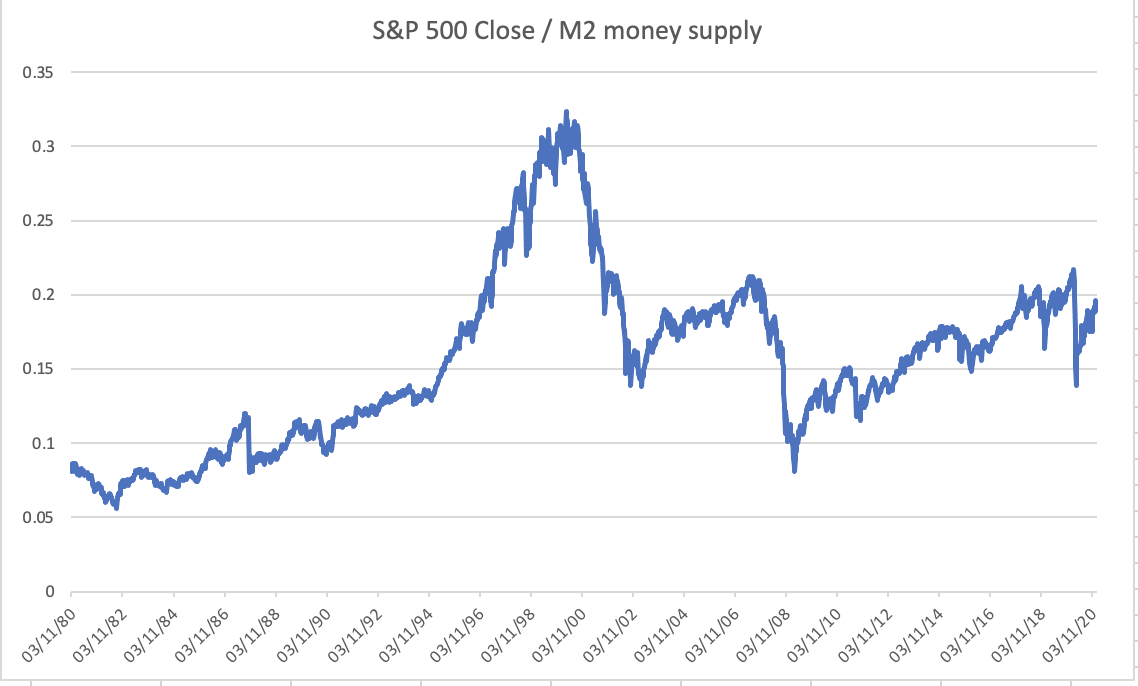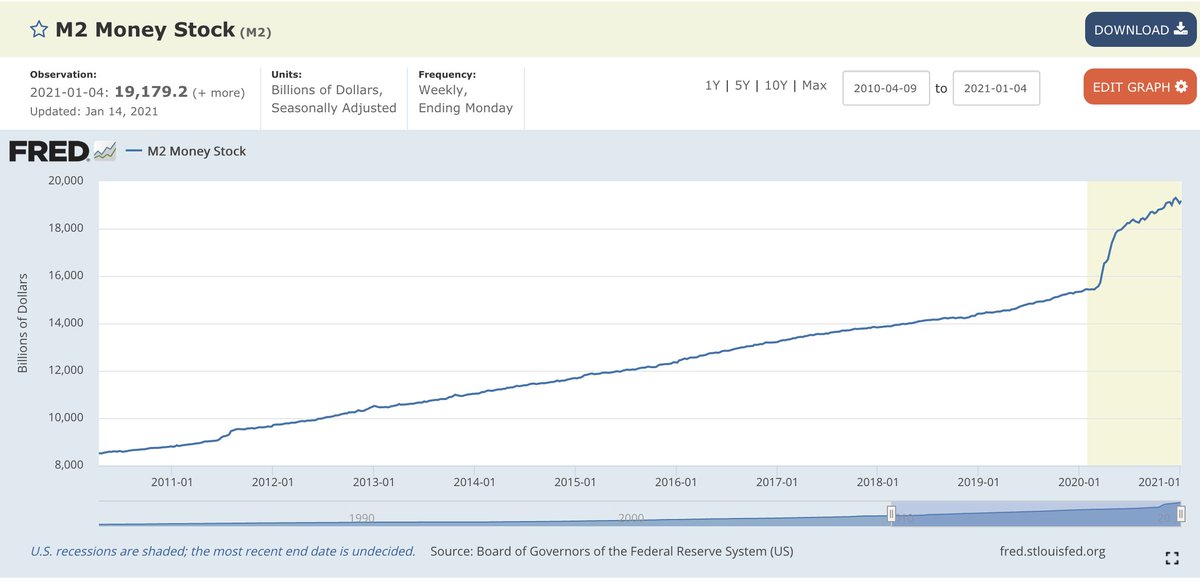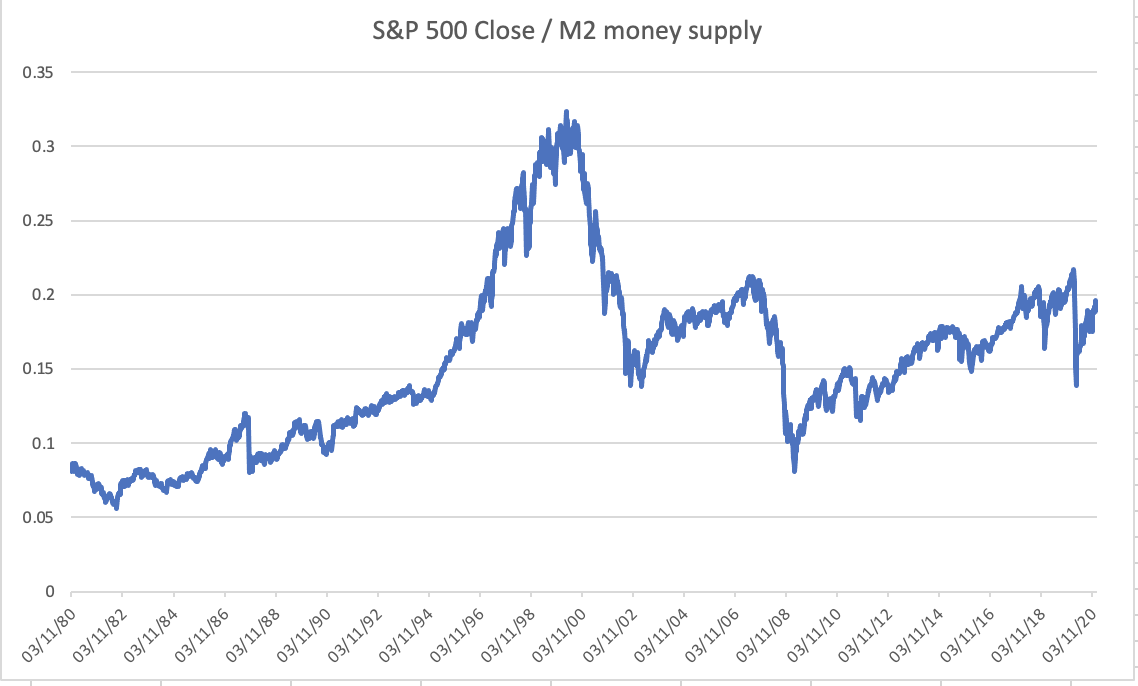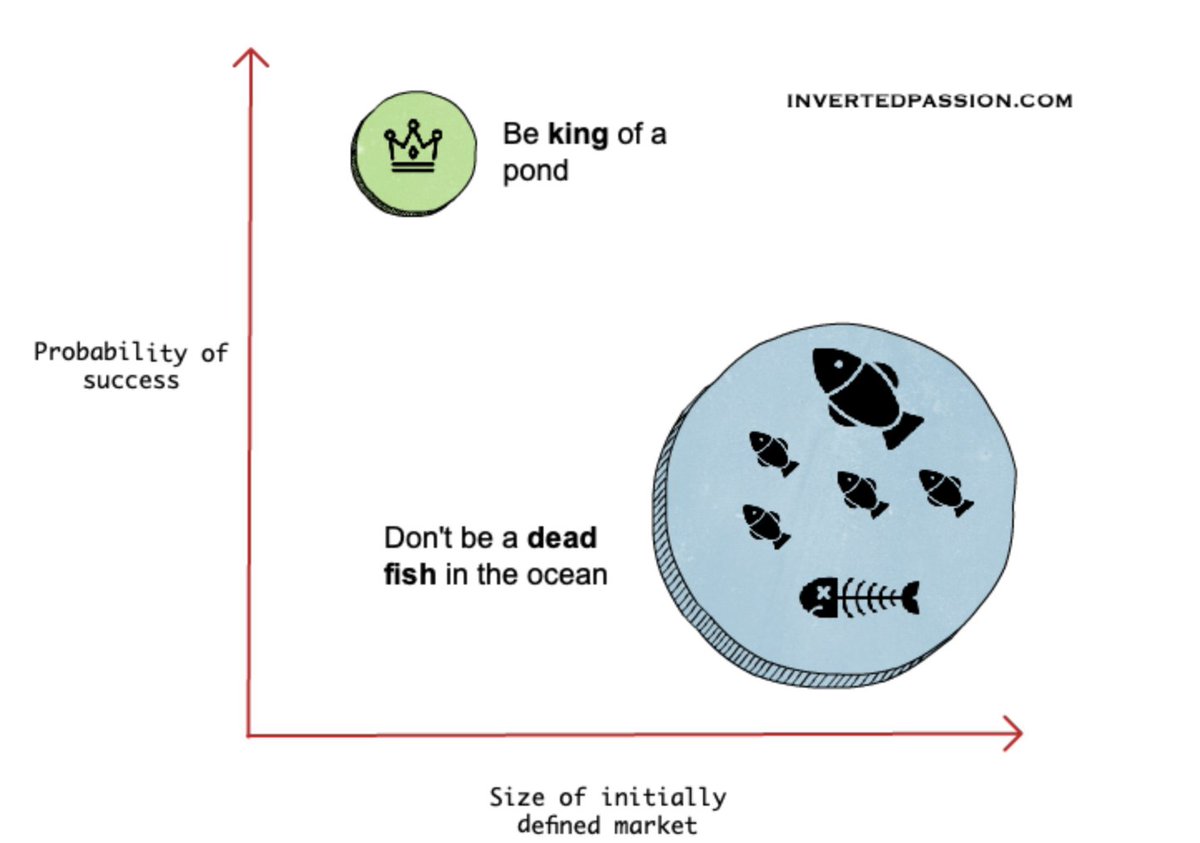
Since many folks are tagging me on this thread, here’s what I think about it.
1/ The argument isn’t that bitcoin is entirely useless, the argument is that cost-benefit tradeoff for it is *worse* than current systems such as banking or the Visa network
1/ The argument isn’t that bitcoin is entirely useless, the argument is that cost-benefit tradeoff for it is *worse* than current systems such as banking or the Visa network
https://twitter.com/yassineark/status/1360343382556483587
2/ Comparing bitcoin’s energy consumption with Gold mining is a false comparison.
Once gold is mined, it exists forever. If gold mining stops today, no additional energy will be consumed but gold transactions will still keep happening.
Once gold is mined, it exists forever. If gold mining stops today, no additional energy will be consumed but gold transactions will still keep happening.
3/ If bitcoin mining stops today, no transactions can take place.
So the bitcoin mining has to keep happening forever for bitcoin transactions to occur.
So the bitcoin mining has to keep happening forever for bitcoin transactions to occur.
4/ It’s true that bitcoin miners have incentive to seek out cheapest sources of electricity, but so does anyone who needs computation.
The point is that if we have dispensable computation and electricity, should we be spending it on bitcoin or things like protein folding?
The point is that if we have dispensable computation and electricity, should we be spending it on bitcoin or things like protein folding?
5/ “Coins need be issued only once so it’s best to issue when electricity is cheap”
This just sounds wrong. Bitcoin derives value from resisting a 51% attack and that requires constant mining, no matter how few coins are getting minted.
Correct me if I’m wrong.
This just sounds wrong. Bitcoin derives value from resisting a 51% attack and that requires constant mining, no matter how few coins are getting minted.
Correct me if I’m wrong.
https://twitter.com/yassineark/status/1360343398960353282
• • •
Missing some Tweet in this thread? You can try to
force a refresh

